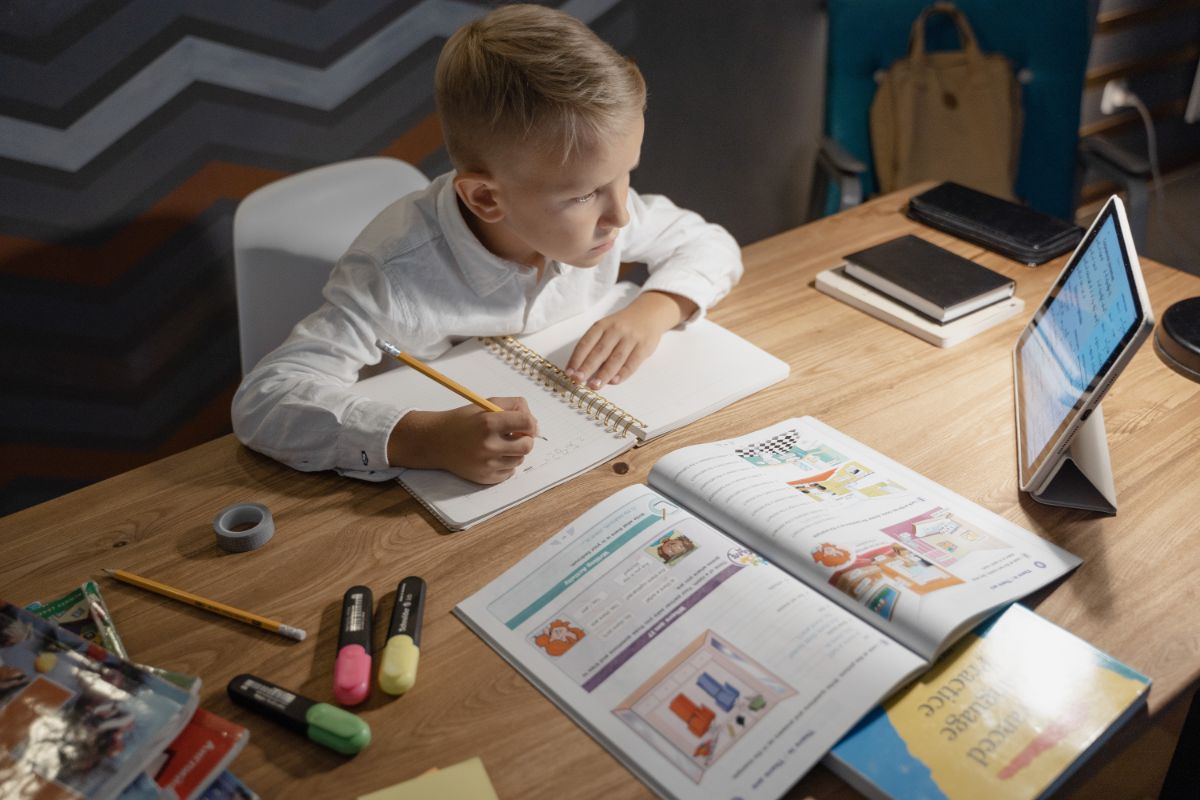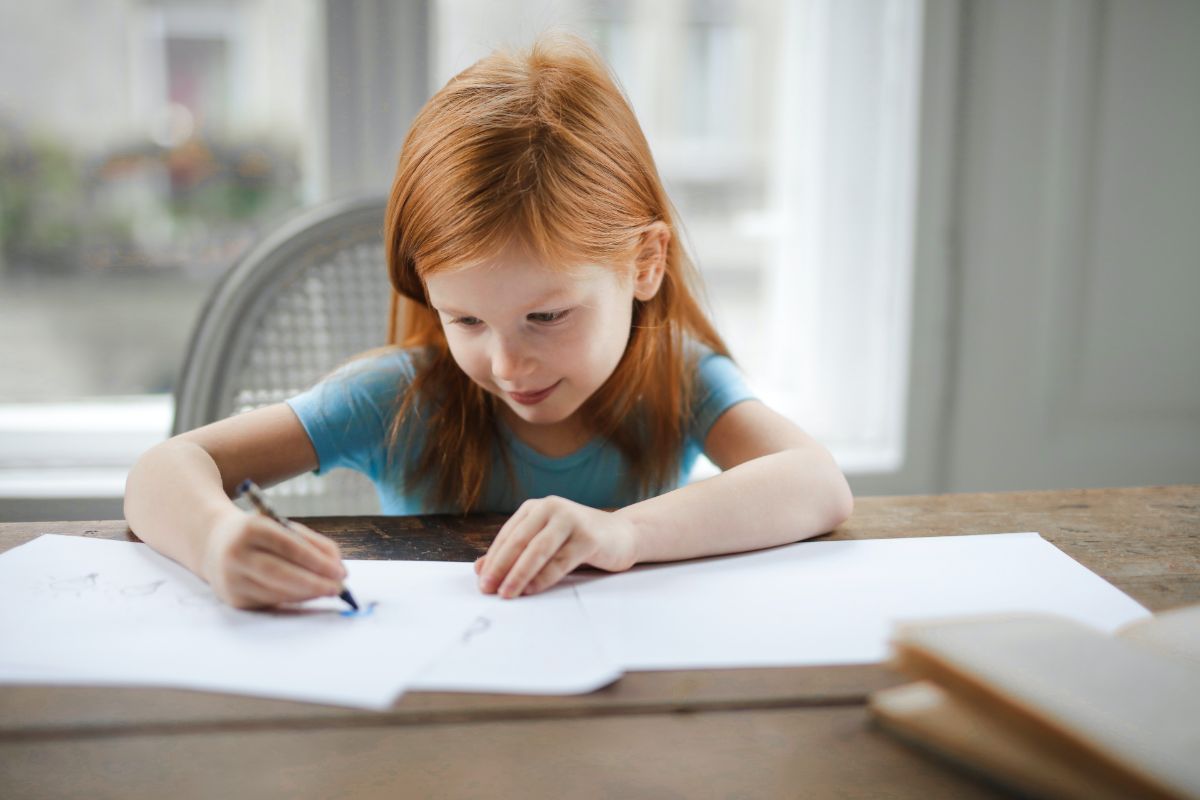Do you want to learn about project-based learning examples? Are you eager to find out how your kids benefit from this kind of learning?
If yes, you have landed on the right article. Here, we will get familiar with the ways through which you can engage students to get them to gain information in the right way.
Project-based learning is primarily centered on students where they are taught using a dynamic classroom approach. They are taught to use different tools and technologies, assignment writing services, collaborative inquiry, assessment tools and more.
The main specialty of project-based activities is that it encourages kids to learn and explore things in such a way that they’ll gain knowledge about real-world challenges and problems.
We will get into the best super examples of project-based learning but before that let’s get familiar with its importance for kids.
Significance of Project-Based Learning Activities for Elementary Students
Project-Based Learning Ideas for elementary kids makes sure that student also enjoy while learning. They are taught in a more creative way rather than the traditional teaching and learning approach.
Let’s get familiar with some of the importance of project-based learning ideas for kids.
- Deep Learning: PBL makes sure that your kids will learn in a way where they will do their research using essay writing websites and other learning tools. Their learning with being more creative and applicable in real life than just memorization.
- Managerial Skill: Every professional and person who works knows that the ability to manage projects and assignments effectively is an important skill. Using PBL your kids will learn the proper project management skill.
- Problem-Solving Skill: Project-based learning ideas will help a kid develop knowledge to tackle problems and come up with solutions without any hassle.
- Collaboration: One of the best examples of PBL is to develop the ability among kids to learn and work in a collaborative environment. Not only that, they will gain information on how to listen, share and present ideas to come up with the best solutions.
There is plenty of importance in PBL, but in this section of our article, we listed the top 4 important points of using PBL for your kids.

Super Examples of Project-Based Learning for Kids
Some of the Super examples of Project-Based Learning for kids are mentioned below:
1. Investigate Fake News
If you are updated with current news trend, you might know that even fake news circulates much faster than real news. Make sure that your kids can differentiate between fake and real news.
This way they will be aware and lead society with true examples. PBL creates an ability among kids to detect fake news and false scandals.
2. Encourage Students to Read Poetry and Then Write their Poems
As per different research, PBL’s super example is relevant to the world of poetry. You can encourage the kids to learn different poetry and learn ethics.
“Poetry is a deal of joy and pain and wonder, with a dash of the dictionary.”
Make your kids understand the true beauty of poetry. Learning poetry is not one day process, it requires a lot of consistency.
To write a poem, you need to read hundreds and thousands of poems, the reason being that when you read, you gain basic knowledge on how to do things. When you have ideas about certain things, learning new things and creating your poetry will be possible.
3. Creating Projects with Purpose
Real-life problems solutions and problems themselves have a purpose. Kids always want to know ‘Why’ to everything. So before assigning any project to the students make sure that you have answers to their questions.
Have a broader sense of every project you give. So, for example, if you want your kids to write an article, give them a purpose to publish it in a real newspaper. This way they will be motivated to do better.
Make sure that the project has a lot of questions to be answered, and include as many inquiries as you want. Take an aggregate form, instead of asking about a college ask about the best college in the world.
4. Learn About Immigration Through Family Histories
“Remember, remember always, that all of us, you and I especially, are descended from immigrants and revolutionists.”
To those of you who are not familiar with immigration, immigration is the process of coming and living in a completely new environment. You can assign your kids the task to know about the positive as well as negative effects of immigration on the overall and broad aspects.
If you want your kids to learn more effectively. Instead of telling them to do just research, encourage them to take interviews of the immigrants by visiting them or calling them up in a specific place.
5. Analytical Skills to Solve Environment Skills
“The most important thing about global warming is this. Whether humans are responsible for the bulk of climate change is going to be left to the scientists, but it’s all of our responsibility to leave this planet in better shape for future generations than we found it.”
Global Warming is a negative factor that almost every one of us is well aware of!
As this modern problem requires modern solutions. Encourage your kids to learn different perspectives, theories and philosophies that will help to solve this prevailing issue.
To solve this global problem first of all make them do different research, and learn different articles and references. Once they complete this, suggest to them to analyze and come up with the best solutions.
As this is a huge problem this requires major solutions, so suggest your students develop ideas accordingly.
Wrapping Up:
We hope this article helped you gain a piece of detailed information on the ways PBL helps your kids learn in a better way.
As PBL is more focused on learning in real life environment, kids will not only gain bookish knowledge but also learn how to tackle problems of real life.
If you want your kids to learn in a modern approach which develops more decision-making and problem-solving skill then PBL is the right thing!
If you’re a student, parent or teacher and you have experience using any project-based learning please feel free to share your feedback with us in the comments section below!
We would like to wish you all the best in your learning journey!

